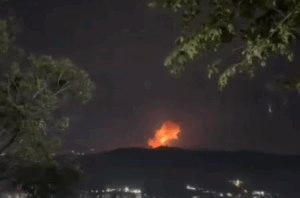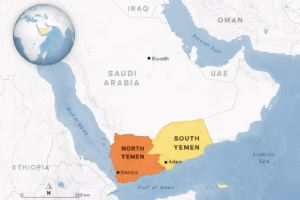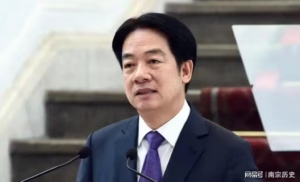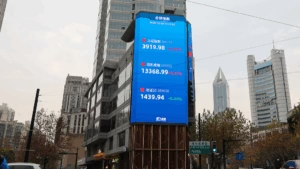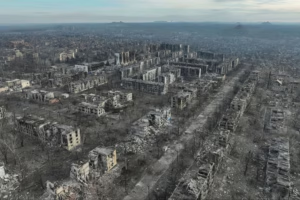Cuba faced a nationwide blackout on Friday after a key power plant experienced a major failure, leading to widespread disruption across the island. The Antonio Guiteras Power Plant, one of the country’s most significant energy facilities, was the source of the problem, as confirmed by the Cuban Energy Ministry. In a statement shared on X, formerly known as Twitter, the ministry revealed that the plant’s breakdown resulted in “the total disconnection of the National Electrical System.”
Cuba’s president, Miguel Diaz-Canel, has emphasized the critical importance of resolving the crisis as quickly as possible. He noted that restoring power is an “absolute priority” for the government and assured citizens that “there won’t be any rest” until the electrical grid is back online.
“There won’t be any rest until power is restored,”
Diaz-Canel declared in his response to the incident, reflecting the urgency of the situation.
The blackout, which began late Thursday, has had a profound impact on daily life. Videos and images shared across social media show streets shrouded in darkness, with public institutions, businesses, and homes left without electricity. The power outage has added significant strain to a country already grappling with an ongoing energy crisis that has disrupted many aspects of daily life.
The power issues have been a recurring challenge for Cuba, with the country suffering from frequent blackouts in recent months. The situation has been exacerbated by an ageing energy infrastructure, which has struggled to keep up with demand. The island’s energy problems have also been worsened by a shortage of external fuel supplies, a vital component for keeping the national grid functional.
The Cuban government has attributed much of the energy crisis to external factors, particularly the economic sanctions imposed by the United States. In a recent address, Prime Minister Manuel Marrero pointed to the “intensification of the economic war” waged by the U.S., citing the country’s “financial and energy persecution” as a primary reason for Cuba’s current difficulties. Marrero explained that these restrictions have severely limited Cuba’s ability to import fuel and secure other essential resources needed to maintain its power infrastructure.
“The intensification of the economic war and the financial and energy persecution by the United States”
has been a significant hurdle in keeping Cuba’s power system stable, according to Marrero.
His remarks came during a televised speech intended to address the growing frustration over the blackouts. However, the speech itself encountered “technical troubles” and was broadcast later than initially planned, further highlighting the severity of the power grid’s instability.
While sanctions have indeed contributed to Cuba’s energy woes, the country’s troubles extend beyond geopolitics. Cuba has long relied on an outdated and fragile energy infrastructure. Many of its power plants and facilities are decades old, and maintenance has been a persistent challenge, especially given limited financial and material resources.
Additionally, the 2022 fire at the Matanzas oil storage facility dealt a significant blow to Cuba’s energy sector. The fire, ignited by a lightning strike, caused an explosion that led to the destruction of nearly 40% of the country’s primary oil storage capacity. This catastrophic event severely reduced Cuba’s already strained fuel reserves, making it even more difficult to keep the lights on.
The five-day-long fire at the Matanzas facility was one of the worst industrial accidents in Cuba’s recent history, leaving a lasting impact on the nation’s ability to store and distribute fuel. The incident, combined with continued restrictions on imports, has exacerbated the island’s energy crisis, leaving much of the population vulnerable to ongoing blackouts.
“The destruction of some 40% of the country’s main oil storage facility”
was a major blow, significantly weakening Cuba’s ability to meet its energy needs, especially during times of increased demand.
The Cuban government has made it clear that restoring the electrical grid is a top priority, yet the path to resolution remains unclear. The country’s energy sector requires significant investment and modernization, both of which are difficult to achieve under the current economic conditions. As fuel imports dwindle and the infrastructure continues to deteriorate, Cuba’s energy challenges are likely to persist.



